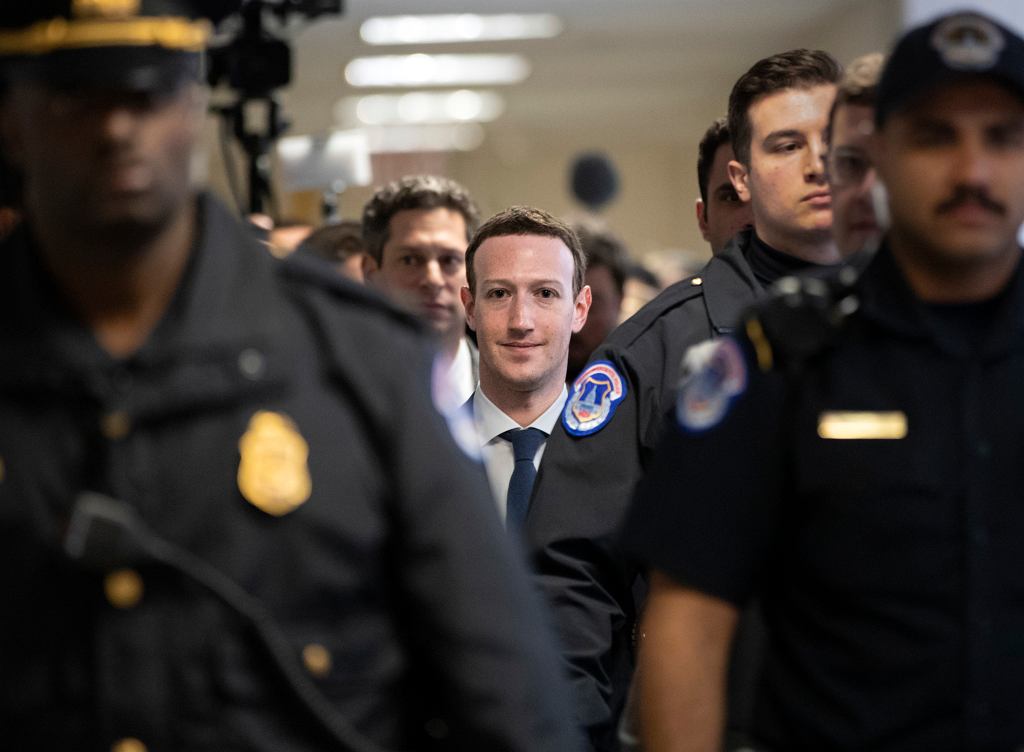To be fair though, so are aspies expecting to be treated in a special way from the start.From what I understood most or many neurodiverse people experience empathy just the same but just struggle with the expression (correct me if I am wrong).
Neurotypicals demanding that autistic people need to adjust themselves to their standards are just being an ass by not even bothering to understand the challenges.
Somewhat understanding and "feeling" others needs time and of course the will to do so in the first place, both are often rather lacking on all sides regardless of the specific brain pattern.
It took me a long time to grasp how normal people work at least to a certain degree (it didn't make me like them more, I can tell you) and a very small amount of them even tries to get past preconceptions of "human" behavior although having just as much of a hard time doing so as is the case in reverse.
To get back to the topic:
Facebook isn't helping there at all and makes matters worse by automatically filtering your input into what you want to see and not what you need to see, in effect creating lots and lots of self-centered echo chambers.




